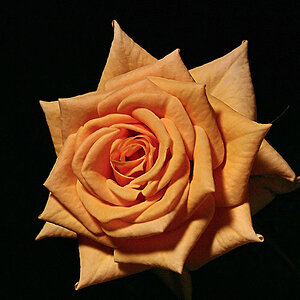Michael Robinson
TPF Noob!
- Joined
- Jan 3, 2015
- Messages
- 31
- Reaction score
- 8
- Can others edit my Photos
- Photos OK to edit
So, I'm interested in being able to have the equipment to be able to handle two camera interviews with decent quality, so I looked up prices. I already own a couple of lights, a Canon 60D and some other accessories. I put the minimum additional cost of equipment I needed at $3,089.84.
This covers:
Canon 70D (I like having DSLR over camcorder because I take photos a lot)
An Azden lapel mic and a cheaper Polsen set
7" View Monitor to hook up to the DSLR
Eyecup viewfinder to go over the built-in DSLR screen
Decent video tripod
70-200mm lens (Doubling up, so I can have it for photography)
An extra SD Card
A pelican case, so I didn't have to baby equipment
Tascam portable 2-channel recorder
Multi-hot shoe mount
And this equipment would be a joke to professionals....
Of course, the equipment needs to be in the hands of somebody who can use it.
Anybody ever give you'll the stink like this?
This covers:
Canon 70D (I like having DSLR over camcorder because I take photos a lot)
An Azden lapel mic and a cheaper Polsen set
7" View Monitor to hook up to the DSLR
Eyecup viewfinder to go over the built-in DSLR screen
Decent video tripod
70-200mm lens (Doubling up, so I can have it for photography)
An extra SD Card
A pelican case, so I didn't have to baby equipment
Tascam portable 2-channel recorder
Multi-hot shoe mount
And this equipment would be a joke to professionals....
Of course, the equipment needs to be in the hands of somebody who can use it.
Anybody ever give you'll the stink like this?


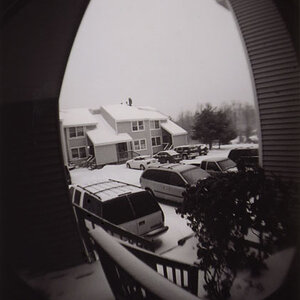
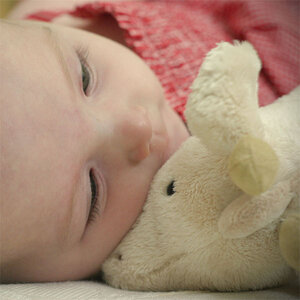
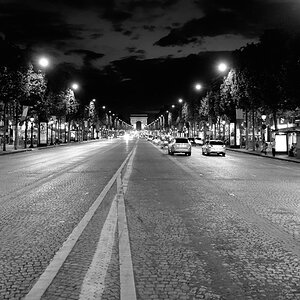
![[No title]](/data/xfmg/thumbnail/37/37245-5f15b292311b21913f10cc41f40682ba.jpg?1619737952)
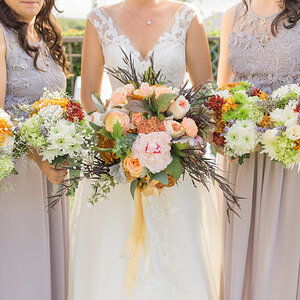
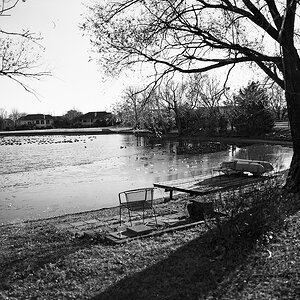


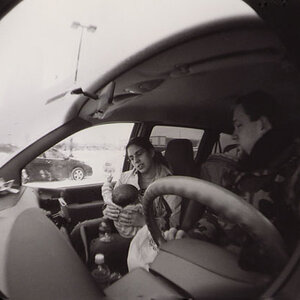
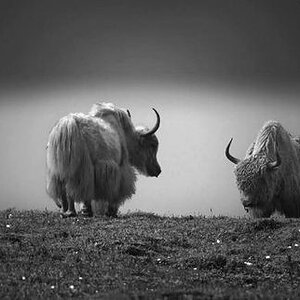
![[No title]](/data/xfmg/thumbnail/41/41493-60071420f928565170996b4edc3de2f0.jpg?1619739820)
